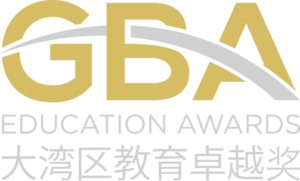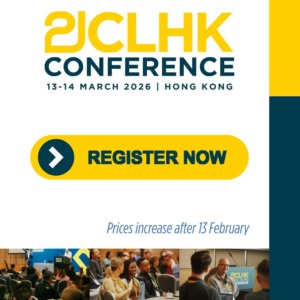Presentations
This presentation explores some of the approach and concepts of Adaptability Quotient (AQ).

May 19, 2023 - 08:00

May 19, 2023 - 08:00

May 19, 2023 - 08:00

In this session, we will explore how human needs are at the heart of every technological tool by tracing how humans (throughout history) have met those needs using available resources in innovative ways. Tracing past iterations and looking closely at their benefits and limitations, can help us predict and design future ones!

Some assume the merits of risk to be self-evident (no A's without F's). Yet, this isn't a commonly shared value among students, parents, or even peer educators; they often don't understand risk and rarely advocate for it, seeking only "safe" opportunities.

This presentation aims to showcase the steps we have made towards equity, diversity and inclusivity initiatives in our school. This has so far been a two and a half year process and has needed to tackle many issues, both internal to the school and external.

Two guest speakers with extensive EAL teaching experience will explore strategies and educational resources that can be used to support EAL learners, to provide you with practical tips when implementing the right tools and EdTech strategies for your classroom.

Developing an understanding of stories and how they are constructed can be challenging for young children.

In this session, learn how to find Entry points for agency and choose Vehicles for teaching students.




